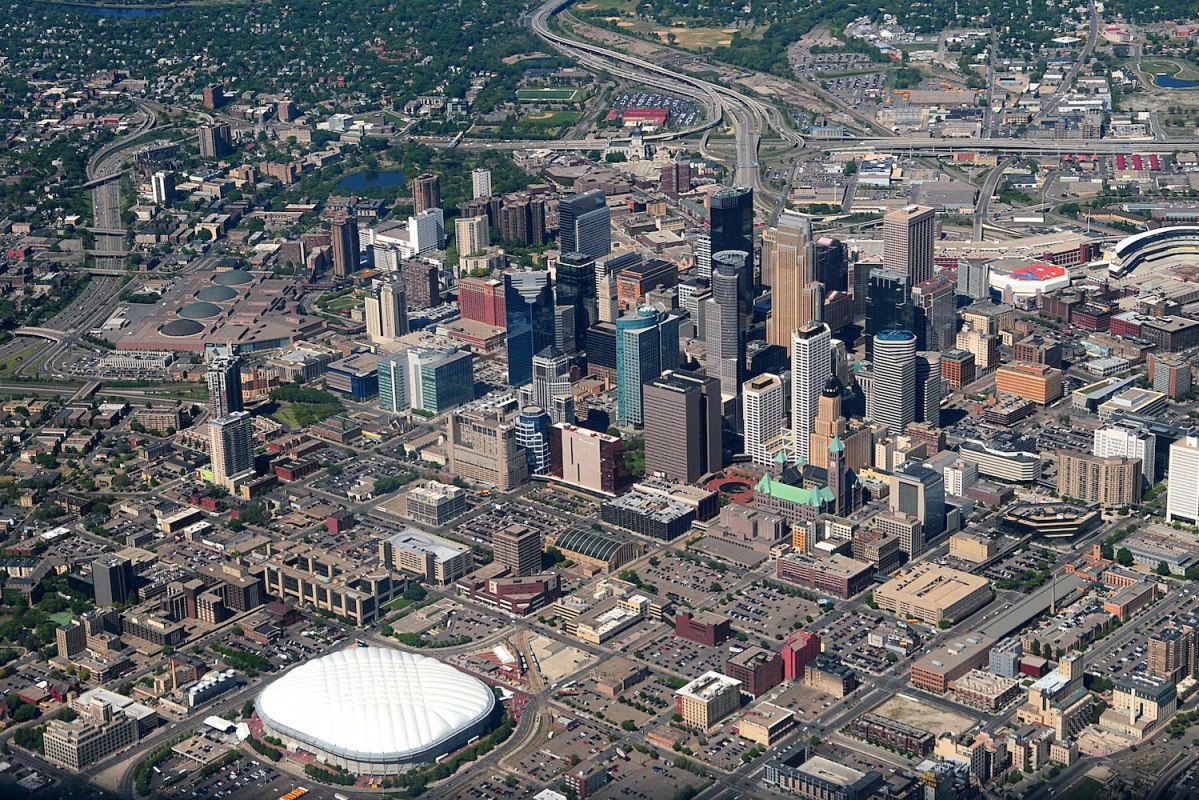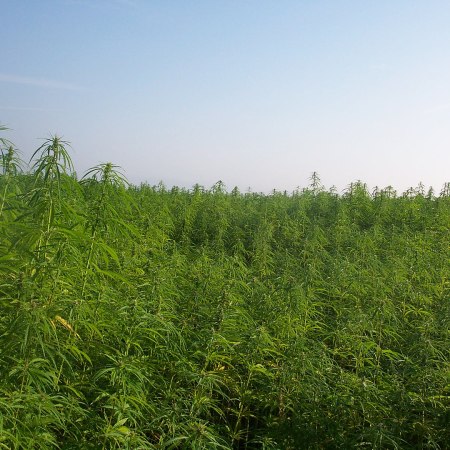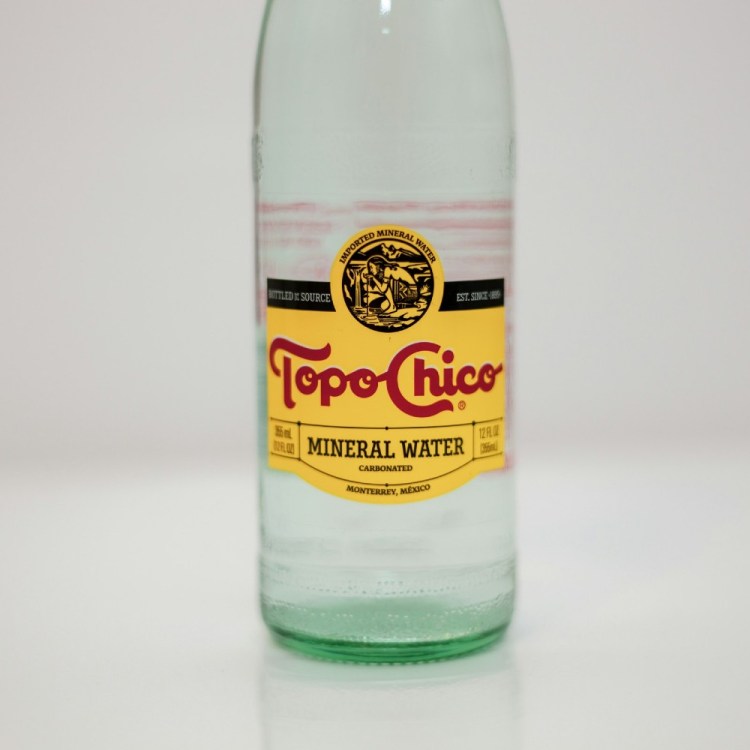While rural areas are traditionally home to agriculture and urban areas are not, recent developments have made things a bit more complicated. A growing number of cities are home to a growing number of farms, including Newark and Pittsburgh. Numerous rooftops across New York City house farms where produce that local restaurants can use in their dishes and local shoppers can cook with at home.
And then there’s Minneapolis, where an initiative led by the city’s Indigenous community has an ambitious plan underway to turn a former warehouse into a sprawling urban farm. Kate Nelson at Civil Eats (via Eater) spoke with Cassandra Holmes, director of the East Phillips Improvement Coalition, about the project.
As Holmes explains, the plan for the warehouse builds on the work being done by the Little Earth Urban Farm. “The first summer, we had about 25 kids who worked on the farm and learned a lot,” Holmes told Civil Eats. “For example, there were kids who at first didn’t know what a radish was, but by the end of the summer, radishes were their favorite thing to eat because they had grown them.”
How a Brooklyn-Based Company is Revolutionizing Mushroom Farming — And Why It’s the Perfect Moment
Mushrooms are sustainable, satiating and sapotrophic. A buzzy lab called Smallhold is making sure they finally get their due.Holmes told Civil Eats that she sees the plan for the warehouse as building upon the work the farms have already done. “The vision is to create a bigger version of what we’ve done in our smaller communities,” she said.
As she explained, there’s also a social mission here — as she phrased it, “to right generations of wrong.” What’s in the works looks to be a compelling blend of old and new— to say nothing of agrarian and urban.
Every Thursday, our resident experts see to it that you’re up to date on the latest from the world of drinks. Trend reports, bottle reviews, cocktail recipes and more. Sign up for THE SPILL now.


















